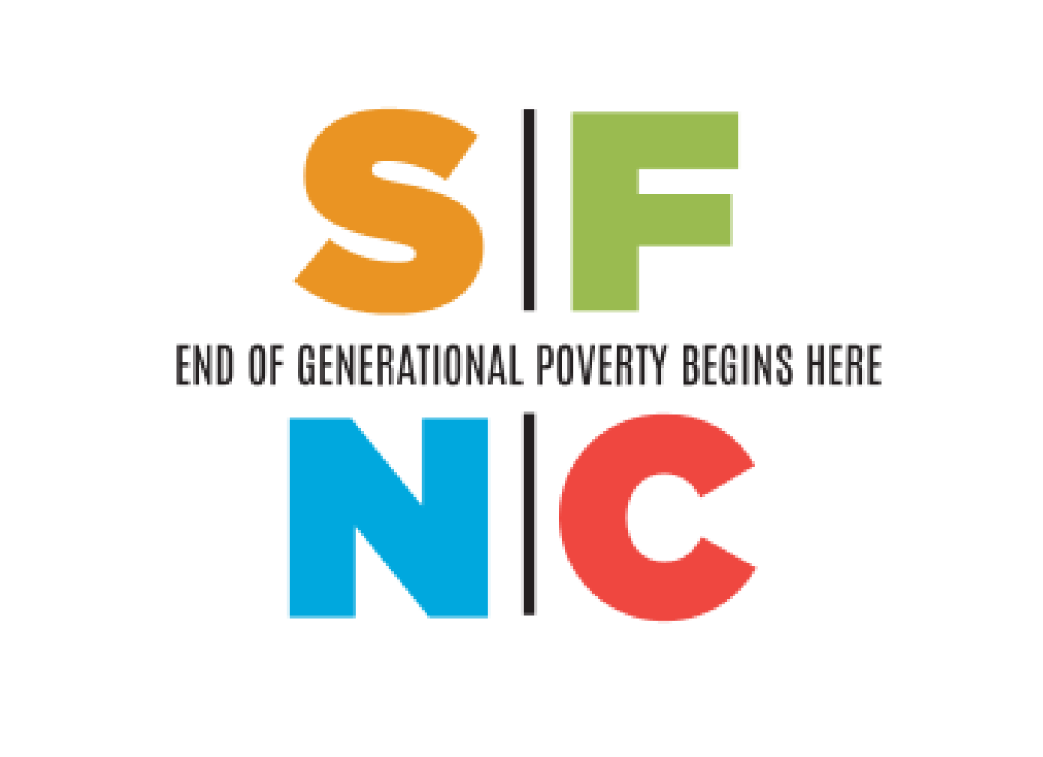Black Beyond Data: Community Data Project


 Community Needs Survey
Community Needs Survey
Uncover Community Insights: Peek behind the scenes to see what data says about your neighborhood's needs.
 Community Conversations: Recordings and Notes
Community Conversations: Recordings and Notes
Notes from the Neighborhood: Peek into the lively discussions and insights shared by your fellow community members.
 Black Beyond Data Reading Group
Black Beyond Data Reading Group
Black Stories, Unfiltered: Step into our space where scholars and community members dissect the intersection of Blackness and data, sharing insights often overlooked.
"Reflecting on my time as a Community Data Steward at St. Francis Neighborhood Center, I feel
a profound sense of fulfillment and personal growth. Over the past year, I had the privilege of
engaging deeply with various communities, with a particular focus on social justice and
education. While my primary area of focus centered on social justice and education, my data
steward colleagues and I also delved into topics such as faith and spirituality, health equity and
wellness, environmental and restorative justice, and workforce/economic community
development.
Through community assessment surveying and leading focus group discussions, I gained
invaluable insights into the experiences of students and families in West Baltimore. One
prominent theme that emerged was the need for increased Black representation within the
Baltimore Public School System. It became clear that more Black teachers, administrators, and
leaders are essential for creating inclusive environments where all students feel valued and
understood. Moreover, community voices emphasized the importance of adopting a
consciousness lens, ensuring that representation extends beyond race alone to encompass a
commitment to supporting young Black individuals in their full identity. Discussions also
underscored the significance of an education rooted in social justice, self-love, and an
awareness of Black history and culture, as these elements are crucial in fostering self-esteem
among our young people.
Furthermore, I gained insights into the vital partnership between schools and families in
supporting the holistic development of students. Families often step in to fill the gaps left by the
education system, highlighting the importance of collaboration and mutual support between
educators and communities. This understanding reinforced my belief in the interconnectedness
of stakeholders in the pursuit of educational equity.
Before we began our community engagement activities, my fellow data stewards and I engaged
in thoughtful preparation, including studying resources such as Dr. Faithe Day's Black Living
Data booklet and Lawrence T. Brown’s "The Black Butterfly: The harmful politics of race and
space in America". Guided by our program leaders, Dr. Kim Gallon and Lauren Rubin, we
emphasized the importance of equitable, non-extractive data collection practices and the
significance of working alongside communities rather than for them. This approach echoed a
sentiment expressed by Lilla Watson, underlining the importance of recognizing our shared
liberation in fostering genuine collaboration in movement and solidarity spaces.
Collaboration with other data stewards and project stakeholders was instrumental in the
success of our collective endeavors. The diverse perspectives and range of expertise within our
cohort enriched our discussions and problem-solving processes. Each member brought unique
insights and experiences to the table, contributing to a more comprehensive understanding of
the social justice landscape in West Baltimore. I am also proud of our collaboration with local
businesses like Be More Green and nonprofit organizations like No Boundaries Coalition, which
share our commitment to justice and equity for Black communities. Working alongside them
reaffirmed my belief in the power of partnership.
Reflecting on our project objectives, I am pleased to see that the outcomes closely align with the
initial goals we set forth. Our efforts to amplify community voices, advocate for equity in its
various forms and dimensions, and cultivate meaningful partnerships have yielded positive
results. This is evident throughout our commitment to returning data ownership to the
communities from which it is derived. Specifically, we have developed and co-created an open-
source data platform. This platform will serve as a repository of stories, photos, experiences,
and archival items, accessible to all members of the community. With this, our aim is to
encourage greater collaboration, accessible use of data and stories and understanding amongst
various communities in West Baltimore.
As a data steward, I have acquired a wealth of new skills and knowledge that have enriched
both my professional and personal growth. From sharpening my qualitative data analysis
abilities to deepening my understanding of equitable community engagement principles, each
aspect of this journey has expanded my toolkit for effecting meaningful change. I am grateful for
the opportunity to have been part of this endeavor, and I look forward to continuing to the work
of equity and social justice for Black communities in West Baltimore and beyond". -Faith Garnett
